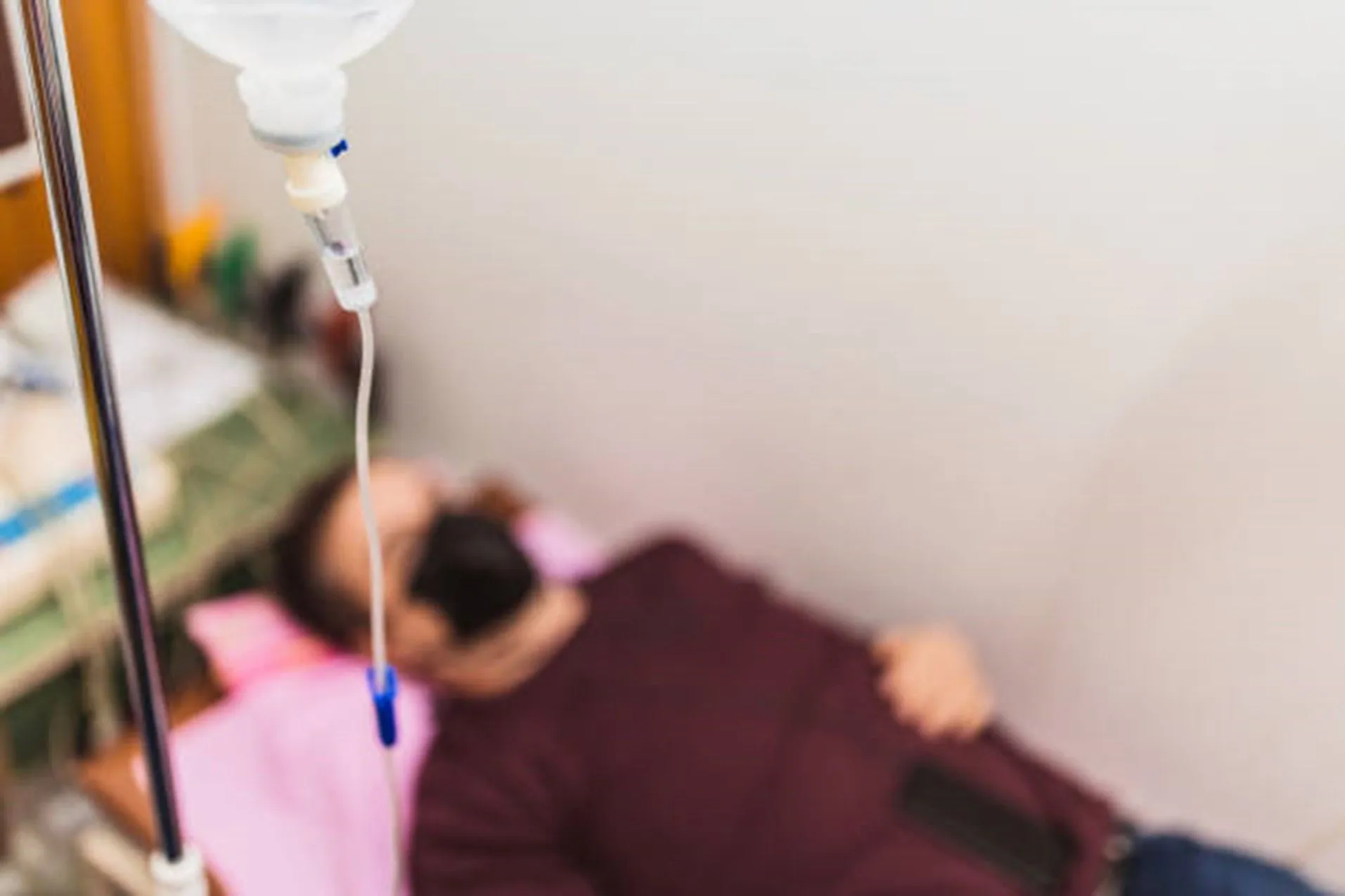An allergic reaction starts when your immune system overreacts to a harmless substance. Your body releases chemicals like histamines. These chemicals cause symptoms such as sneezing, itching, swelling, or breathing problems. Reactions can range from mild discomfort to life-threatening emergencies like anaphylaxis.
Mild reactions often include runny nose, hives, or skin redness. Moderate reactions might bring nausea, coughing, or facial swelling. Severe cases can involve low blood pressure, throat tightening, or unconsciousness. Quick action during a reaction can save a life.
Common Triggers You Should Know
Many allergens appear in typically harmless items or environments. Foods such as peanuts, eggs, milk, and shellfish often cause strong reactions. Environmental sources like pollen, dust mites, mold, and pet dander also trigger allergies. Medications, especially antibiotics and pain relievers, can cause serious responses.
Personal care products may contain allergens that irritate the skin. Insect stings from bees, wasps, or ants can also lead to dangerous reactions. Knowing your personal triggers helps you avoid contact and stay safer in daily life.
Emergency Actions That Can Save Lives
Quick response makes a big difference during an allergic reaction. Watch closely for signs like difficulty breathing, swelling, or confusion. For mild symptoms, an antihistamine may reduce itching or sneezing. Do not ignore early signs, as reactions can escalate quickly.
For severe symptoms, use an epinephrine auto-injector right away. Inject it into the outer thigh and hold it for a few seconds. Always call 911 after using epinephrine, even if the person feels better. Do not drive to the hospital alone or wait to see what happens.
Everyday Preparedness and Prevention for A Allergic Reaction
Always carry an allergy kit that includes two epinephrine auto-injectors, tablet and liquid antihistamines, and written instructions. Wear a medical alert bracelet to help others recognize your condition quickly. Keep an allergy action plan with your kit and check the expiration dates on all medications regularly. Make sure friends, family, and coworkers know how to assist you in an emergency.
Avoid triggers by reading food labels carefully and asking about ingredients when eating out. Use air filters at home to minimize allergens and choose fragrance-free products to prevent skin irritation. Cover exposed skin when walking through areas with insects to reduce the risk of stings. Taking these simple precautions can help you stay safe and avoid serious allergic reactions.
When to Get Medical Help
If you notice symptoms after eating, touching, or inhaling something, see a doctor. Allergy testing helps identify your exact triggers. A specialist can build a treatment plan that fits your needs and lifestyle. Follow their advice and attend follow-up visits regularly.
If your reactions grow more frequent or severe, update your treatment plan. Do not ignore changes in your health. Early action can stop a reaction before it becomes life-threatening. Make allergy care part of your regular health routine.
Know Your Allergy Triggers and Take Control
Knowing your allergy triggers and how to respond can protect your life in emergencies. Always carry your allergy kit and stay alert. Talk with your doctor to manage symptoms and create a clear, personalized action plan.

